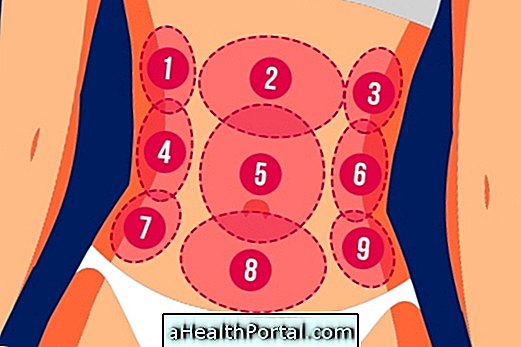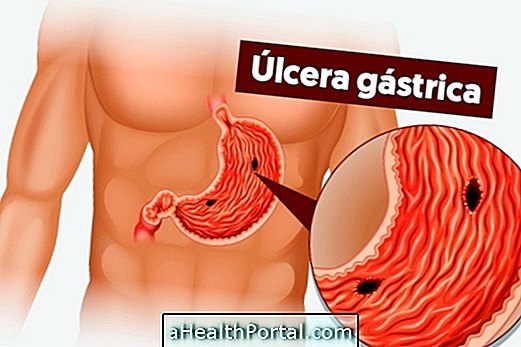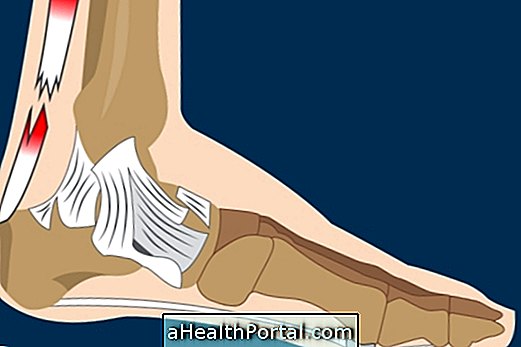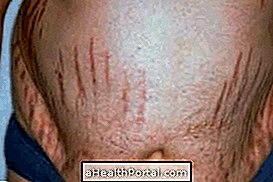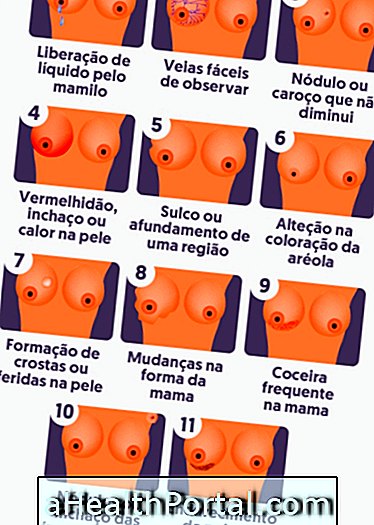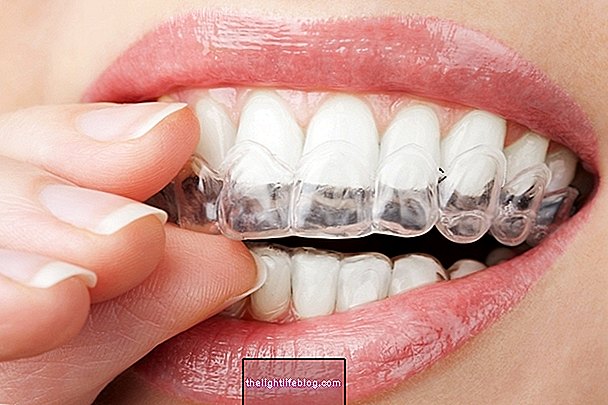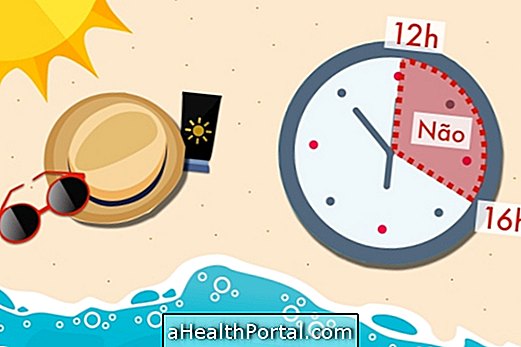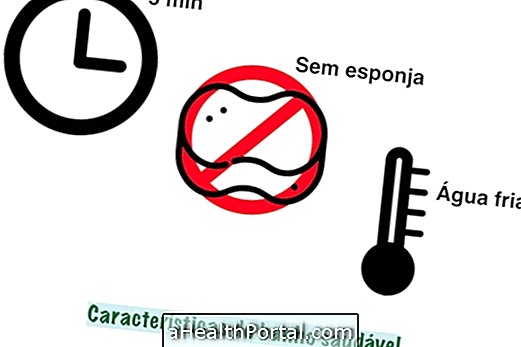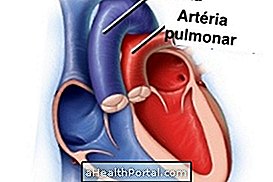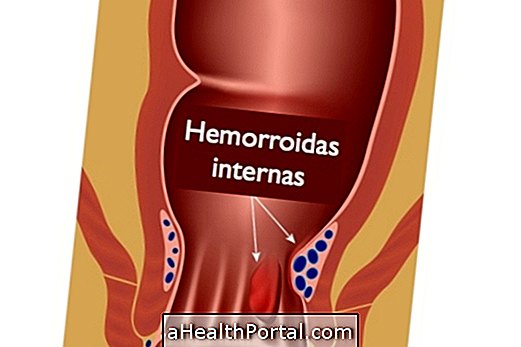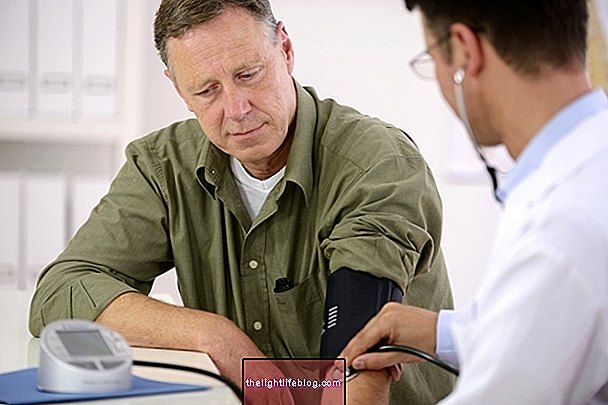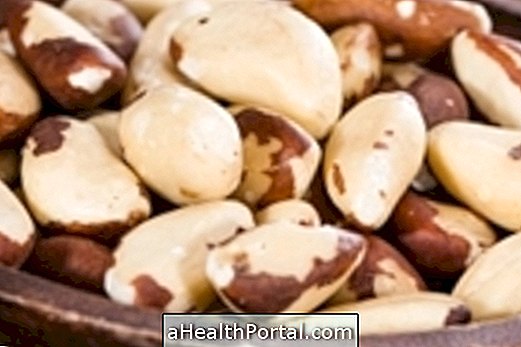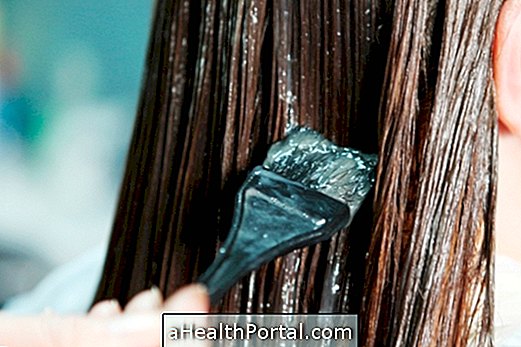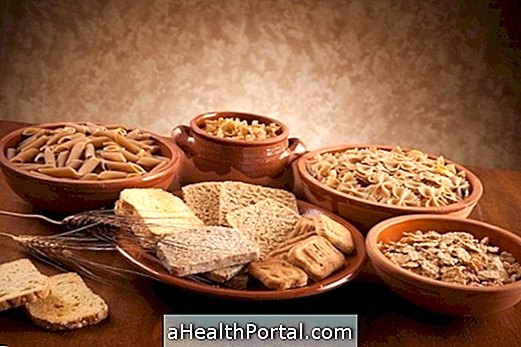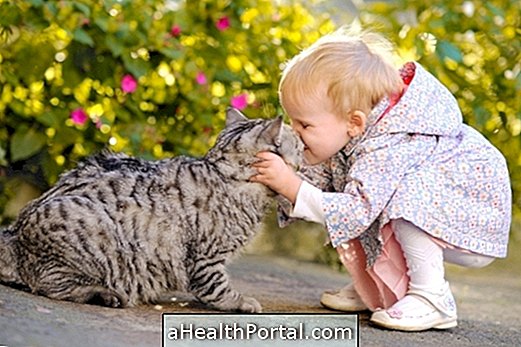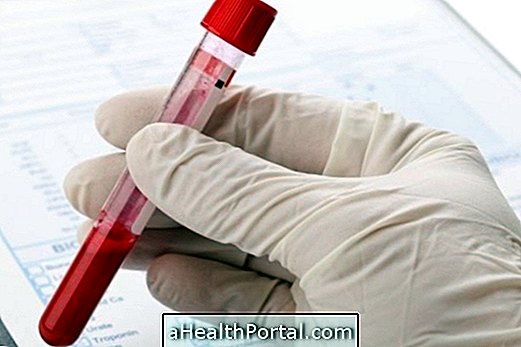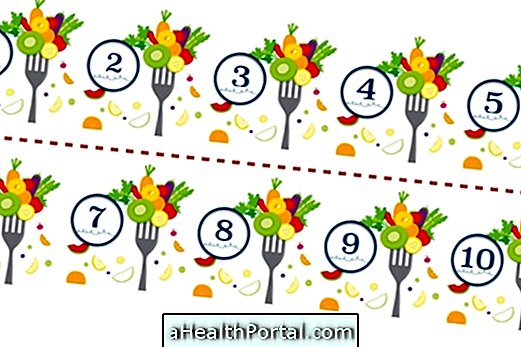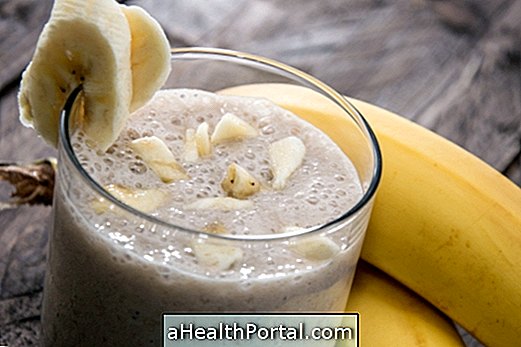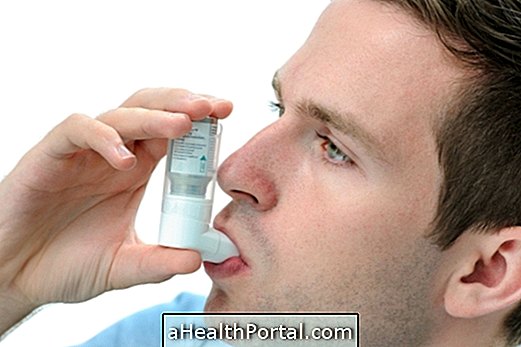Night sweats, also called nocturnal sweating, can have several causes and although not always worrying, in some cases it may indicate the presence of a disease. Thus, it is important to observe in which situations arise and if accompanied by other symptoms, such as fever, chills or weight loss, for example, since it can indicate from a simple increase of the temperature of the environment or body at night, as well as changes hormonal or metabolic, infections, neurological diseases or even cancer.
Nor should you forget about hyperhidrosis, which is the excessive production of perspiration by the sweat glands, generalized in the body or located in the hands, underarms neck or legs, but that happens at any time of day. Know what to do if you have hyperhidrosis.
So, because there are several causes for this type of symptom, whenever it appears persistently or intensely, it is important to talk with the family doctor or general practitioner, so that the possible causes are investigated. Some of the leading causes of night sweats include:
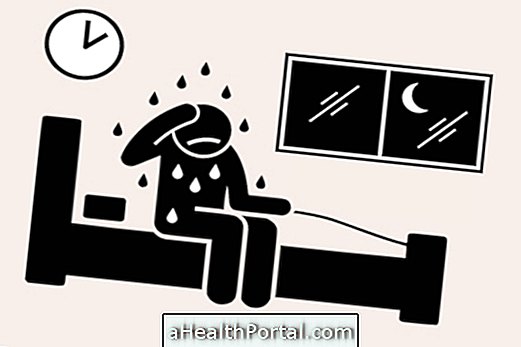
1. Increased body temperature
When body temperature rises, whether by physical activity, high ambient temperature, consumption of thermogenic foods such as pepper, ginger, alcohol and caffeine, by anxiety or by the presence of an infectious cause, such as a flu, for example, perspiration arises as a way for the body to try to cool the body and prevent it from overheating.
However, if no obvious cause is found and night sweats are overdone, it is important to remember that there are diseases that accelerate metabolism, such as hyperthyroidism, for example, and should be discussed with the doctor about the possibilities.
2. Menopause or PMS
The oscillations of estrogen and progesterone hormones that occur at menopause or premenstrual periods, for example, are also able to raise the body's basal temperature and can cause episodes of hot flashes and sweating, which can be nocturnal. This type of change is benign and tends to pass over time, however, if they are repetitive or very intense, one should talk as a gynecologist or endocrinologist to better investigate the symptom and seek ways of treatment, such as hormone replacement therapy.
Men are not free of these symptoms, as about 20% of those over 50 may present andropause, also known as male menopause, which consists of the drop in testosterone levels, and courses with night sweats, as well as heat, irritability, insomnia and decreased libido. Those who undergo testosterone reduction treatment, such as due to prostate tumor, may also exhibit these symptoms.
3. Infections
Some infections, which may be acute or of chronic evolution, can cause sweating, preferably at night, and some of the most common include:
- Tuberculosis;
- HIV;
- Histoplasmosis;
- Coccidioidomycosis;
- Endocarditis;
- Pulmonary abscess.
Generally, in addition to night sweats, these infections can occur with fever, chills, weight loss, weakness or body lymph nodes. In the presence of these symptoms, it is very important that there is a medical evaluation as soon as possible, and the treatment is guided according to the type of microorganism involved, and it may be necessary to use antibiotics, antifungal or antiretrovirals.

4. Use of medicines
Some medications may have the side effect of night sweats, and some examples are antipyretics like AAS or Paracetamol, some antihypertensives and some antipsychotics.
If people using these medicines have wheezing episodes at night, their use should not be discontinued, but talk to the doctor so that other, more common situations can be evaluated before thinking about withdrawing or switching medications.
5. Diabetes
It is not uncommon for people with diabetes on insulin treatment to have episodes of hypoglycemia during the night or early morning, and not feel as if they are sleeping, and only sweat gets noticed.
To avoid these types of episodes, which are dangerous to health, it is important to talk to your doctor to evaluate the possibility of adjusting doses or types of medications, and follow some tips such as:
- Check blood glucose levels before bed, because if they are low, they should be corrected with a healthy snack;
- Prefer to practice physical activities during the day, and never skip dinner;
- Avoid drinking alcohol at night.
Hypoglycemia causes sweating as it activates the body's mechanisms with the release of hormones to compensate for lack of glucose, resulting in sweating, pallor, dizziness, palpitations and nausea.
6. Sleep apnea
People with sleep apnea suffer from decreased oxygenation of the blood at night, which leads to the activation of the nervous system and can cause night sweats, as well as increased chances of developing hypertension, cardiac arrhythmias and cardiovascular diseases.
This disease is a disorder that causes momentary stopping of breathing or very shallow breathing during sleep, resulting in snoring and restless rest, which causes symptoms of daytime drowsiness, difficulty concentrating, headache and irritability, for example . Check out how to identify and treat sleep apnea.

7. Neurological diseases
Some people may have a disorder of the autonomic nervous system, which is responsible for controlling functions that do not depend on our will, such as breathing, heart rate, blood pressure, digestion or body temperature, for example.
This type of change leads to what is called dysautonomia, and causes symptoms such as sweating, fainting, sudden drop in pressure, palpitations, blurred vision, dry mouth and intolerance to activities such as standing, standing or walking for a long time.
Changes in this autonomic nervous system can arise from a variety of causes, especially in neurological diseases such as Parkinson's, multiple sclerosis, transverse myelitis, Alzheimer's, tumor or brain trauma, for example, in addition to other genetic, cardiovascular or endocrine diseases.
8. Cancer
Some types of cancer, such as lymphoma and leukemia, may present as nighttime sweating, as well as weight loss, enlarged lymph glands, bleeding risk, and immunity. Sweating may also occur in neuroendocrine tumors, such as pheochromocytoma or carcinoid tumor, which stimulate the release of hormones that activate the neurological response, causing bouts of palpitation, sweating, flushing of the face and high blood pressure, for example.
Treatment should be guided by the oncologist, and in some cases followed up by the endocrinologist, with treatments that may include surgery and chemotherapy, for example, depending on the tumor type and severity of the condition.
